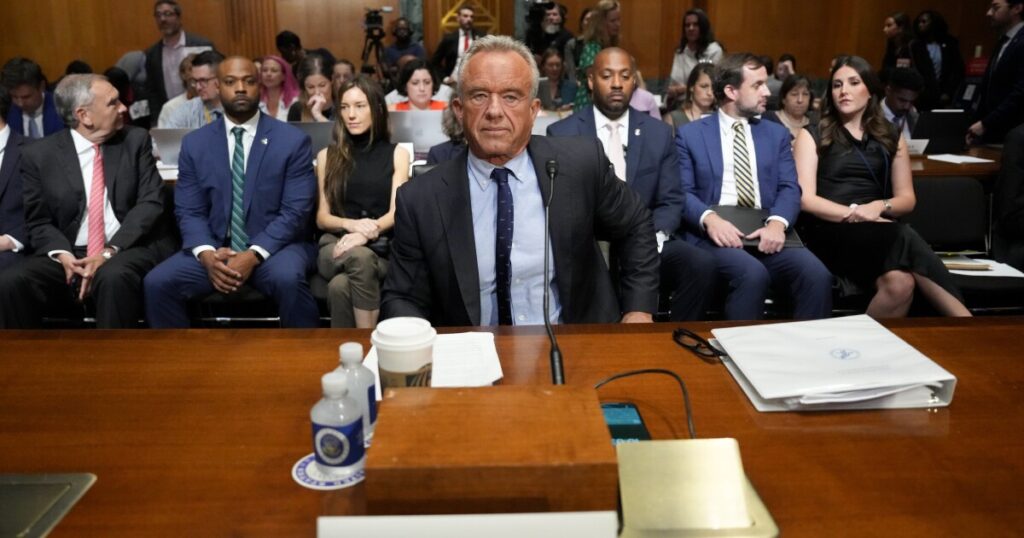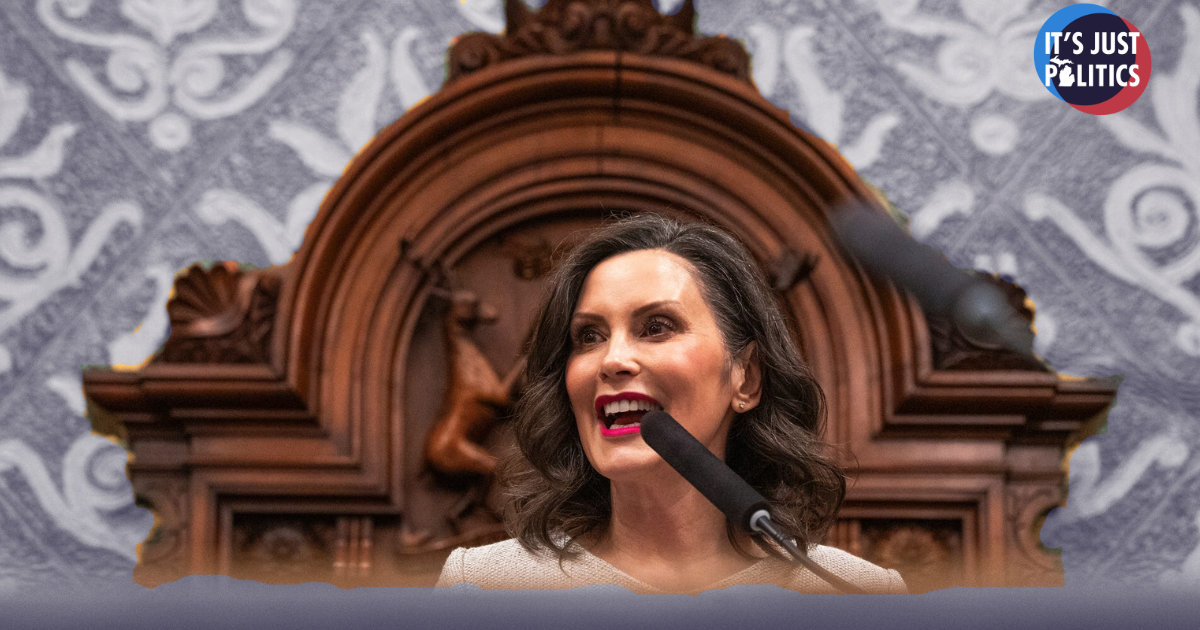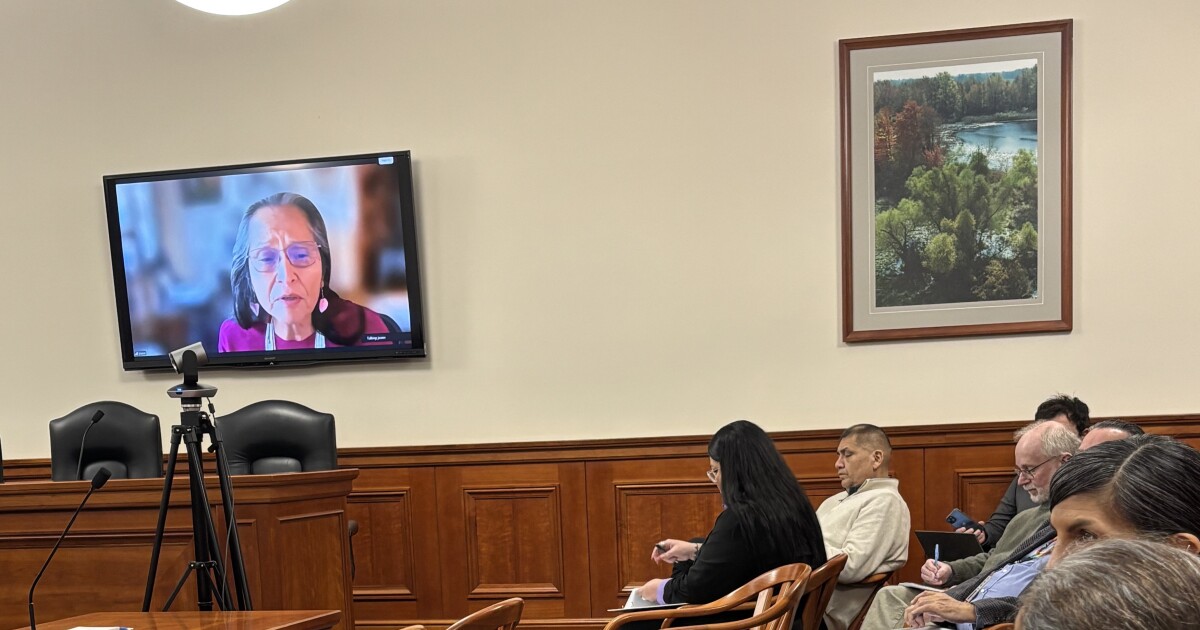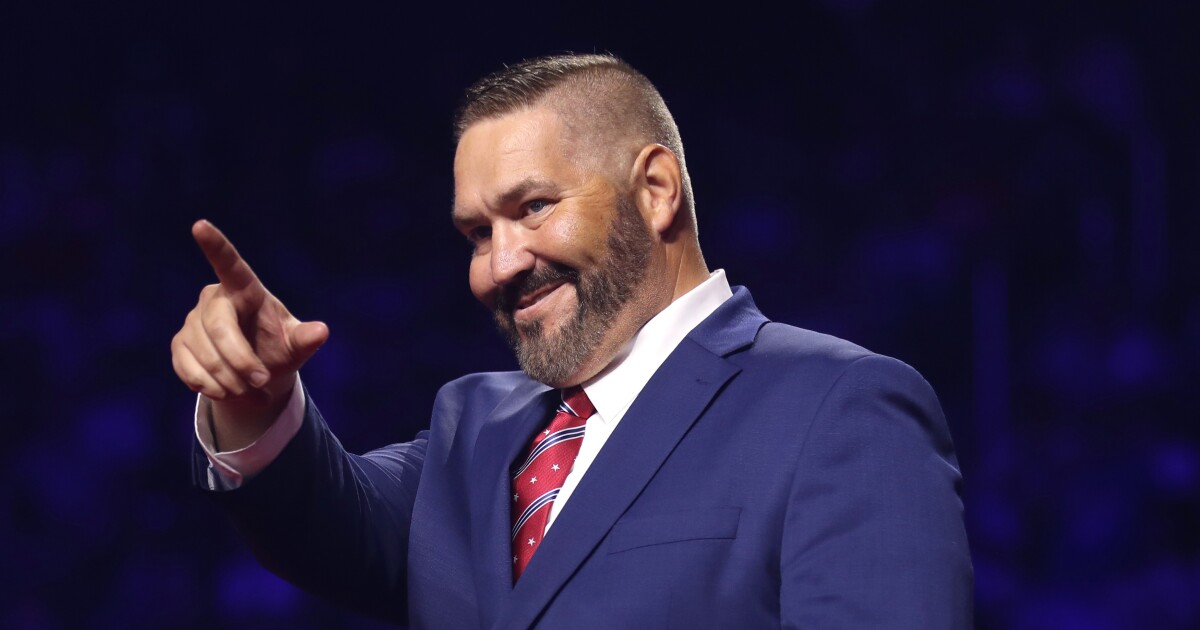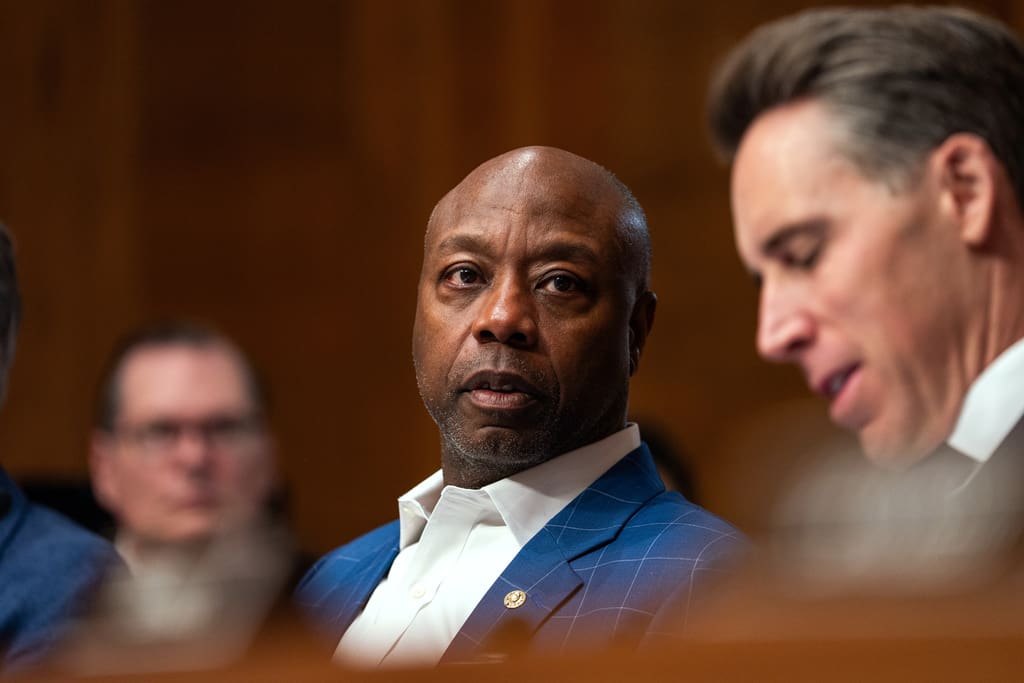Amidst a backdrop of controversy and leadership changes, Health and Human Services Secretary Robert F. Kennedy Jr. is set to appear before the Senate Finance Committee on Thursday. The session, originally intended to discuss the president’s 2026 health care agenda, is now overshadowed by recent turbulent events within the Centers for Disease Control and Prevention (CDC).
The recent upheaval began when Kennedy reportedly pushed the newly appointed CDC director, Susan Monarez, to step down. After her refusal, the White House terminated her position, prompting three key CDC officials to resign in protest. This turmoil has sparked widespread calls for Kennedy’s resignation from various quarters, including over a thousand current and former HHS staff as well as several medical organizations.
1. Persistent Anti-Vaccine Advocacy
Robert F. Kennedy Jr. has long been known for his anti-vaccine stance, a factor that made some senators hesitant during his confirmation. In attempts to assuage these concerns, Kennedy assured the Senate Finance Committee that, if confirmed, he would not engage in actions that would “make it difficult or discourage people from taking vaccines,” as stated in his written responses.
Despite these assurances, Kennedy has taken significant steps to alter federal vaccine policies. Notably, he dismissed all members of a significant vaccine advisory panel, replacing them with individuals who share his anti-vaccine views. This newly formed panel is expected to soon review recommendations for COVID-19 vaccines and other common vaccines, including those for RSV and measles, which could have substantial effects on public health and vaccine availability.
2. Response to CDC Departures
In the wake of the CDC leadership crisis, Kennedy defended his actions in an op-ed for The Wall Street Journal, citing the need to restore focus and trust within the CDC. In a Fox News interview, he expressed that the resignations were part of a necessary overhaul to fix longstanding issues within the agency.
Since Kennedy’s appointment, around 20,000 HHS employees have either been let go or left voluntarily. Kennedy has stated that these reductions are part of an effort to streamline operations and capitalize on current political momentum. HHS Communications Director Andrew Nixon reinforced this stance, emphasizing the need for reform to rebuild the CDC’s reputation.
3. Shifting Focus to Nutrition
While the health community remains concerned about the ongoing changes at HHS, Kennedy has been actively promoting initiatives aimed at improving the American diet. Recently, at a press event with Texas Governor Greg Abbott, Kennedy supported several legislative measures targeting unhealthy food additives and sugary drinks. He remarked, “We have more chronic disease than we can treat and we know what it is and we know it is the food we are eating.”
—
Read More Michigan News

